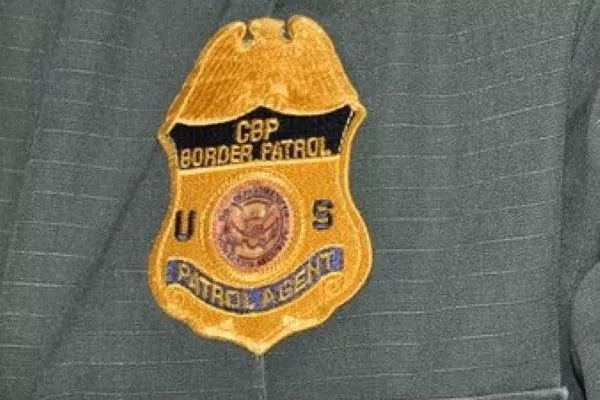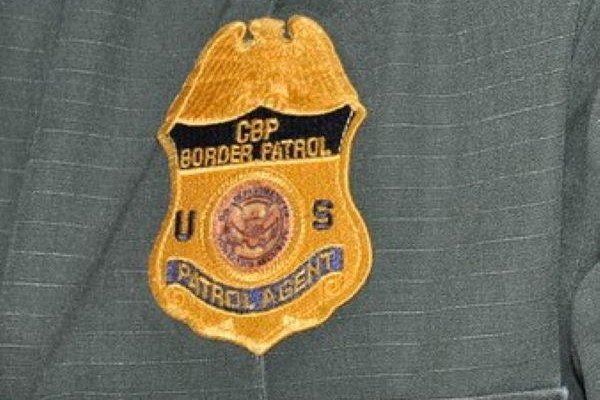Customs and Border Protection is urging Americans to be aware of phone scammers posing as agents and demanding money or personal information. Photo by Maryland National Guard/
FlickrNov. 9 (UPI) — U.S. Customs and Border Protection is alerting Americans about phone scammers who claim to be CBP employees and demand personal information or money from victims.
The callers tell phone customers that a shipment of drugs or money with their name on it has been intercepted and that police are on their way to the victim’s house, the agency said in a statement issued Friday.
The scammers, who often “spoof” real CPB telephone numbers on the caller ID, then demand money, personal banking information or Social Security numbers under the guise of investigating criminal activity and can even provide the names of real CPB officials and badge numbers if the victim demands verification.
“We are seeing a spike of phone calls from concerned citizens about scammers posing as CBP employees seeking information about suspected illegal activity,” said CBP Houston Acting Director of Field Operations Rod Hudson.
“If CBP suspects illegal activity, we will not call a suspect or a victim requesting money or social security numbers. To be clear, CBP will not make telephone calls threatening citizens that law enforcement is on the way or promising money for information,” he added.
Anyone receiving a call from U.S. Customs and Border Protection about a shipment of drugs or money “should recognize that it is a scam regardless of how authentic the caller may sound,” Hudson urged.
The scammers, he said, are insistent in demanding cooperation, and if the target refuses to comply, they frequently threaten that the police will be arriving. The fake agents will say they accept gift cards, cryptocurrency or wire transfers as payment.
“If someone asks you to pay this way, it’s a scam. Always,” the CBP said, adding that the Department of Homeland Security and CBP do not solicit money over the phone.
Don’t trust caller ID and never call back phone numbers in caller ID, or left in voicemails, emails, or social media messages, the agency said. Instead, type the agency name into a search bar and click on their webpage to find contact information.

